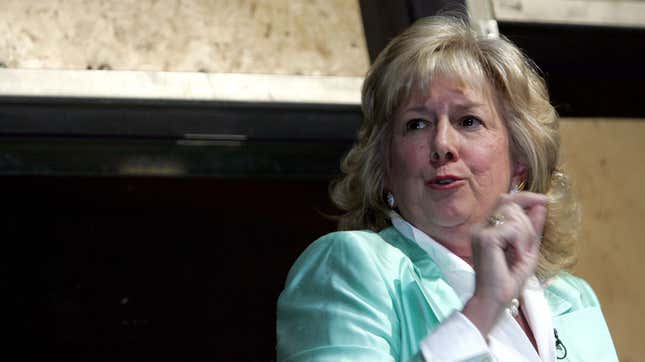Linda Fairstein Claims When They See Us Portrayal Is 'An Outright Fabrication'
Latest

Former prosecutor Linda Fairstein’s not happy with her portrayal in Ava DuVernay’s Central Park 5 Netflix miniseries, When They See Us, and this week she wrote an op-ed for the Wall Street Journal decrying it as “so full of distortions and falsehoods as to be an outright fabrication.” The actual facts, meanwhile, do not work out in her favor.
“Ms. DuVernay’s film attempts to portray me as an overzealous prosecutor and a bigot, the police as incompetent or worse, and the five suspects as innocent of all charges against them,” Fairstein wrote for the WSJ, calling the mini-series “a series so full of distortions and falsehoods as to be an outright fabrication.” Fairstein goes on to detail some of DuVernay’s so-called “falsehoods,” though the New York Times helpfully debunked some of her assertions:
-

-

-

-

-

-

-

-

-

-

-

-

-

-

-

-

-

-

-

-

-

-

-

-

-

-

-

-

-

-

-

-

-

-

-

-

-

-

-

-








































